Here are the special guests, energy experts and community leaders for This Week In Energy May 3:
Dave Roberts, Volts Podcast, speaks with Illinois Governor JB Pritzker, on how Illinois is defending its climate laws, advancing clean energy and manufacturing, and tackling thorny challenges like the housing crisis, the transition away from natural gas, and the looming “fiscal cliff” facing transit agencies. Plus the governor explains what quantum computing is.
David Roberts
And you're confident that's going to stand up to any legal challenge from the President?
Governor JB Pritzker
Oh, yeah, there's no doubt about it. Again, you know, federal law is in conflict with state laws; federal laws override the state law. But in this regard, you know, we passed a law that is absolutely constitutional. And we've made a ton of progress, we've tripled the amount of renewable energy that we're producing in the state and that continues to grow. And we just removed our moratorium on small modular nuclear reactors and we're considering doing that —
David Roberts
I saw that was up for a vote. I didn't know if that had gone through.
Governor JB Pritzker
Well, that happened last year. And then this year — and I think that's what you're probably thinking of — we have a bill that's moving through the legislature that would remove the moratorium on large-scale nuclear reactors.
David Roberts
Are you supportive of that one?
Governor JB Pritzker
Yes, I am. We're still negotiating the final version of the bill. So, when I say I'm in favor of it, I'm in favor of it with the focus on safety. That's really the most important thing. And, I don't frankly trust a Trump administration to provide the kind of safety and backup that we need from the federal government. So, we're making sure we've got that ready at the state level. But, we are the state that has the most; we produce the most nuclear power. We have the greatest number of nuclear reactors. It's one of the reasons why many years ago there was a moratorium put on it.
People were just, you know, it's like, "Hey, we've got enough." But the reality is, and even though it's about 52% of all the electricity that we produce, the reality is that these days, as you know, there's greater and greater demand. And even though we continue to produce more electricity than we use in our state, we believe that will dry up, you know, over the next six, seven years. So, we want to be prepared.
David Roberts
One of the things that you've been pushing for Illinois is to be sort of a manufacturing hub, kind of a clean manufacturing hub. There were some big grants headed to industrial demonstration projects in Illinois from the Office of Clean Energy Demonstration at the DOE. And I have been hearing, maybe you've been hearing, that the DOE is going to yank a lot of those back, cancel a lot of those grants insofar as they can. So I just wonder, does a state — I know state budgets are not nearly as flexible as the federal budget — do you have the resources to step in and fund that kind of innovation and sort of first-of-a-kind plants and these early start things? Can you step up and do on R&D what the feds are now bailing on?
Governor JB Pritzker
You know, across the board, David, they have been pulling back on grants, and it's damaging work that's been done at the state level all across the country. But here in Illinois, we have $1.8 billion that's owed to the state that we expect that we should get from the federal government. Not all of it is climate-brain related.
David Roberts
Those were already signed, already agreed upon?
Governor JB Pritzker
We count on that. And this is part of our budgets. And if you go state by state, it's usually 30-40% of all the money that states have available to them comes from the federal government. And now, you know, there are a number of instances in which they've pulled back. We're obviously involved in lawsuits that are designed to make sure that they do what the Congress has required by law that they do. But they're unconstitutionally withholding those grants. So we're working on that. But you know, we're talking about, for example, NEVI funding so that we can fund our charging infrastructure for electric vehicles, for example, that is something they've stopped funding.
We continue, nevertheless, to build out our charging infrastructure and we're going to continue to make those investments. We are expanding the number of people that are involved in the clean energy industry. You know, the Climate Equitable Jobs Act, the important word being equitable, requires us to train people for this relatively new industry. And we've been doing that. I just was at an opening of one of our new climate innovation hubs where we're going to have hundreds of people going through and getting trained. This is in Decatur, Illinois, central Illinois, and that's happening all across the state.
Greg Lindsay is an urban tech expert and a Senior Fellow at MIT. He’s also a two-time Jeopardy champion and the only human to go undefeated against IBM’s Watson.
Greg talks about how artificial intelligence (AI) is reshaping how we manage, consume, and produce energy—from personal devices to provincial grids. He also explores its rapid growth and the rising energy demand from AI itself. Listen in to learn how AI impacts our energy systems and what it means individually and industry-wide.
In addition to being a non-resident senior fellow of MIT’s Future Urban Collectives Lab, he also is affiliated with Arizona State University’s Threatcasting Lab, and the Atlantic Council’s Scowcroft Center for Strategy and Security. He was the founding chief communications officer of AlphaGeo, where he remains a senior advisor. Most recently, he was a 2022-2023 urban tech fellow at Cornell Tech’s Jacobs Institute, where he explored the implications of AI and augmented reality at urban scale.
Greg speaks frequently about the future of cities, real estate, technology, and work, including invitations to 10 Downing Street, the United States Military Academy, Sandia National Laboratories, the Organisation for Economic Co-operation and Development, Harvard Business School, MIT Media Lab, and Aspen Ideas Festival.
He also speaks to companies (Microsoft, Deloitte, Gensler, Ford, Starbucks), organizations (U.S. Conference of Mayors, Canada Council for the Arts), associations (ULI, NAHB, NAIOP, SIOR) and universities (Harvard, Yale, Princeton, NYU, McGill).
He’s been cited as an expert by The New York Times, The Washington Post, The Wall Street Journal, The Guardian, USA Today, CNN, NPR, BBC, and CBC Radio.
Greg’s also a partner at the advisory firm FutureMap, and has advised such firms as Intel, Samsung, IKEA, Starbucks, Audi, Hyundai, Tishman Speyer, British Land, André Balazs Properties, Aldar, Emaar, and Expo 2020, along with many G20 government entities. Previously, he was urbanist-in-residence at BMW MINI’s urban tech accelerator, URBAN-X, as well as director of applied research at NewCities and founding director of strategy at its mobility-focused offshoot, CoMotion.
Warren Martin, Kansas Strong: The KS Oil & Gas Resources Fund discusses changing the energy conversation and a couple upcoming projects with a new PBS Series Turning Point with Dennis Quaid and some work with Glenn Beck on activating energy enthusiasts.
An upcoming segment of the show 'Viewpoint' with actor Dennis Quaid will feature Warren Martin and Kansas Strong.
Viewpoint with Dennis Quaid airs on PBS is known for “ diving into destinations that offer a unique blend of livability, adventure and opportunity.” According to Martin, the series followed him into a school to record one of his presentation to the elementary students.
“They said that they wanted to talk to me about my innovation of changing the conversation about the oil and gas industry, they recognized our approach and reached out to us about that.” Martin said. “We are talking about the industry in a different way. We're communicating in a different way. We're educating in a different way, and our innovation is not having the same conversation everybody else in the world is having.”
Martin added this is a great opportunity for the industry, especially on a “network that is generally not very positive towards the oil and gas industry”.
“Maybe begin to open some eyes and some ears, that there is a different way to have a conversation about the industry, and so we're excited about that,” Martin said.
For more information on Kansas Strong, click here
Executive Coach Joe Sinnott, Witting Partners, and the host of The Energy Detox Podcast explains how the Shedeur Sander's NFL Draft Selection can teach energy professionals about controlling the narrative, reinventing yourself and being patient during a time of high stress.
Shedeur Sanders' journey has been highly publicized. As the son of NFL Hall of Famer Deion Sanders, Shedeur has lived under a powerful and relentless spotlight. Yet despite the noise — and because of smart choices and steadfast patience — he navigated that environment expertly.
His experience mirrors many of the same challenges executives face today: controlling one’s narrative, managing outsized expectations, and remaining patient in a world that demands instant results.
Control Your Narrative Before It Controls You
Shedeur Sanders’ career path was closely scrutinized from the beginning. It would have been easy for the media to shape his story for him — "nepotism hire," "not living up to the hype," or "riding his father's coattails." But Shedeur, through consistent performance and strategic communication, took ownership of his story. He transferred to Colorado when many questioned the move, and instead of chasing a quick payday by entering the NFL Draft early, he stayed to refine his skills, betting on himself.
In business, if you don't shape the story around your leadership, someone else will. Whether it's taking control of your LinkedIn profile, communicating consistently with your teams, or choosing when and how to speak publicly during times of corporate change, leaders must actively manage their personal brand. When you control your narrative, you build credibility and resilience — two currencies that are priceless in leadership.
2. Manage Expectations: Hype Can Be a Trap
Coming into his college career, expectations for Shedeur were sky-high. Yet he did not let that pressure alter his approach. He understood that early praise, just like early criticism, is often disconnected from the real work required to succeed long-term.
Rather than trying to "win" every news cycle or respond to every pundit's analysis, Shedeur kept focused on his fundamentals: preparation, improvement, and consistent performance. His draft position reflected the payoff of that discipline — not necessarily what the media expected, but exactly what he needed.
In corporate life, expectations — whether internal or external — can become a trap if not properly managed. A new CEO, for instance, may be hailed as a "transformative leader" before even setting foot in the building. But succumbing to early hype leads to unsustainable pressure and short-sighted decisions. Instead, wise leaders set clear, realistic goals and communicate them transparently to stakeholders, allowing space for true, sustainable growth rather than chasing temporary applause.
3. Practice Patience in a Culture of Instant Gratification
In today’s world, headlines move at light speed. It's tempting to make rapid decisions to stay "relevant," to jump at opportunities before they are fully ripe, or to force progress to satisfy external pressure. Shedeur Sanders demonstrated remarkable patience by staying in college to further develop, despite having the talent to leap earlier. He resisted the lure of immediate gratification for the promise of long-term gain.
Click here for Witting Partners and The Energy Detox Podcast
Robert Bryce joins David Blackmon and Stu Turley of the Energy News Beat and The Energy Question podcasts to discuss the energy crisis, blackouts, and their causes in Spain. This is a huge warning sign for the grid operators and hopefully a wake-up call.
On Tuesday, Prime Minister Pedro Sanchez, a socialist, denied that his country’s heavy reliance on wind and solar were to blame for the blackout, saying “There was no problem caused by an excess of renewable energy.” He also claimed nuclear power was “no more resilient than other sources” during the power outage and that nuclear plants are not “currently competitive with renewable energy.” Sanchez has promised a full investigation into the blackout.
Big media outlets are also in denial. On Wednesday, Reuters published an article that claimed while “it may be tempting” to pin the blackout on wind and solar, “Reliance on renewables is not to blame. Rather, the issue appears to be the management of renewables in the modern grid.”
Right. So renewables aren’t to blame, but it’s the grid’s fault?
In the same article, in an own-goal for the record books, Reuters reporter Ron Bousso admits that while the cause of the initial drop in electrical output is “unclear...a collapse in Spain’s solar power system was certainly involved.” Bousso went on to say that “a possible contributor” to the grid’s collapse was, wait for it...”The lack of so-called ‘grid inertia’ as a result of the relatively small share of nuclear and fossil fuel generation in Spain’s power mix.” That’s precisely what I wrote in these pages on Monday.
Why are Spanish officials and others so eager to deny solar’s role in the blackout?
There are two primary answers. First, acknowledging that solar and wind energy fragilize power grids undermines the Left’s narrative about the illusory benefits of the “energy transition” and the parallel claim that we must quit using hydrocarbons and nuclear and rely solely on renewables. Maintaining that narrative is particularly important to Spain’s leaders, who plan to shutter all five of the country’s nuclear power plants by 2035, even though those plants provide about 20% of the country’s juice.
The second answer: Follow the money. Tens of billions of dollars are at stake. The Spanish government expects some $60 billion to be spent on Spain’s grid between now and 2030 to accommodate renewables. Projections indicate Spain will have to double its solar capacity by 2030. In addition, Spain says it wants to achieve net zero emissions by 2045.
Big banks, big law firms, and big business stand to make huge profits by promoting the net zero fiction. And just like their counterparts here in the US, they don’t want that river of cash to stop flowing.
Here's a prediction: Spain cannot, will not, get anywhere close to net zero.
Click here for Robert Bryce’s Substack Page
This Week In Energy will air across 22 radio stations this weekend and drop on podcast Saturday morning.
This Week In Energy is a weekly newsmagazine radio podcast which qualifies for FCC mandated Public Affairs time. This Week In Energy addresses issues of public interest, such as safety, education, poverty, environment, mental health, and/or employment. Published files and recordings of interviews available as public files to increase accessibility to the public and to ensure the security of information.
All Energy Has A Purpose And We Are All Energy!
Singer Songwriter music feature is Blind Joe. Click here for their website and music.
Everyday your story is being told by someone. Who is telling your story? Who are you telling your story to?
Email your sustainable story ideas, professional press releases or podcast submissions to thecontentcreationstudios(AT)gmail(DOT)com
CLICK HERE FOR SPECIAL PARAMOUNT + DISCOUNT LINK
Paramount+ offers its subscribers a plethora of quality content.
From instant classic films to banger TV shows like 1883 and Smile 2, there’s no shortage of entertainment to explore.
How about the new series Happy Face? It’s getting fabulous reviews.
Start Streaming Today!





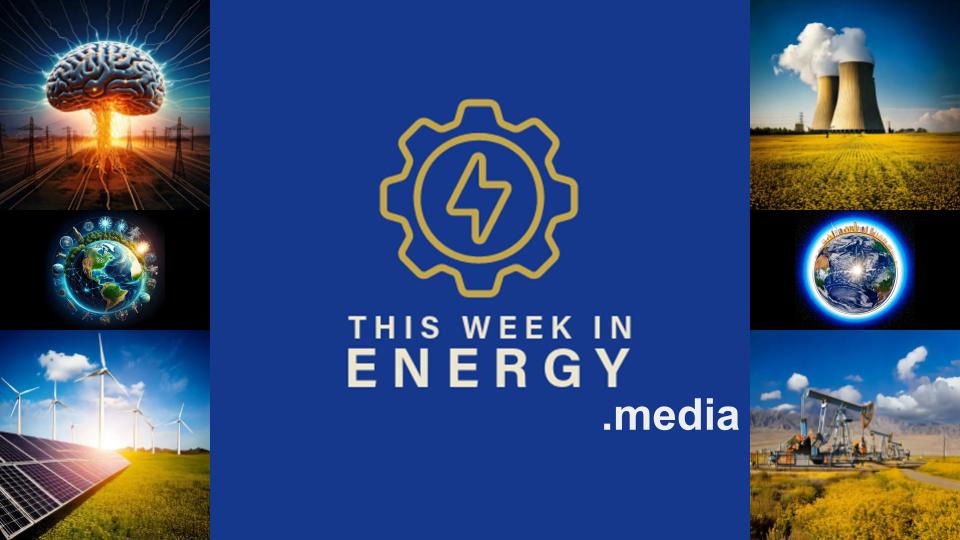
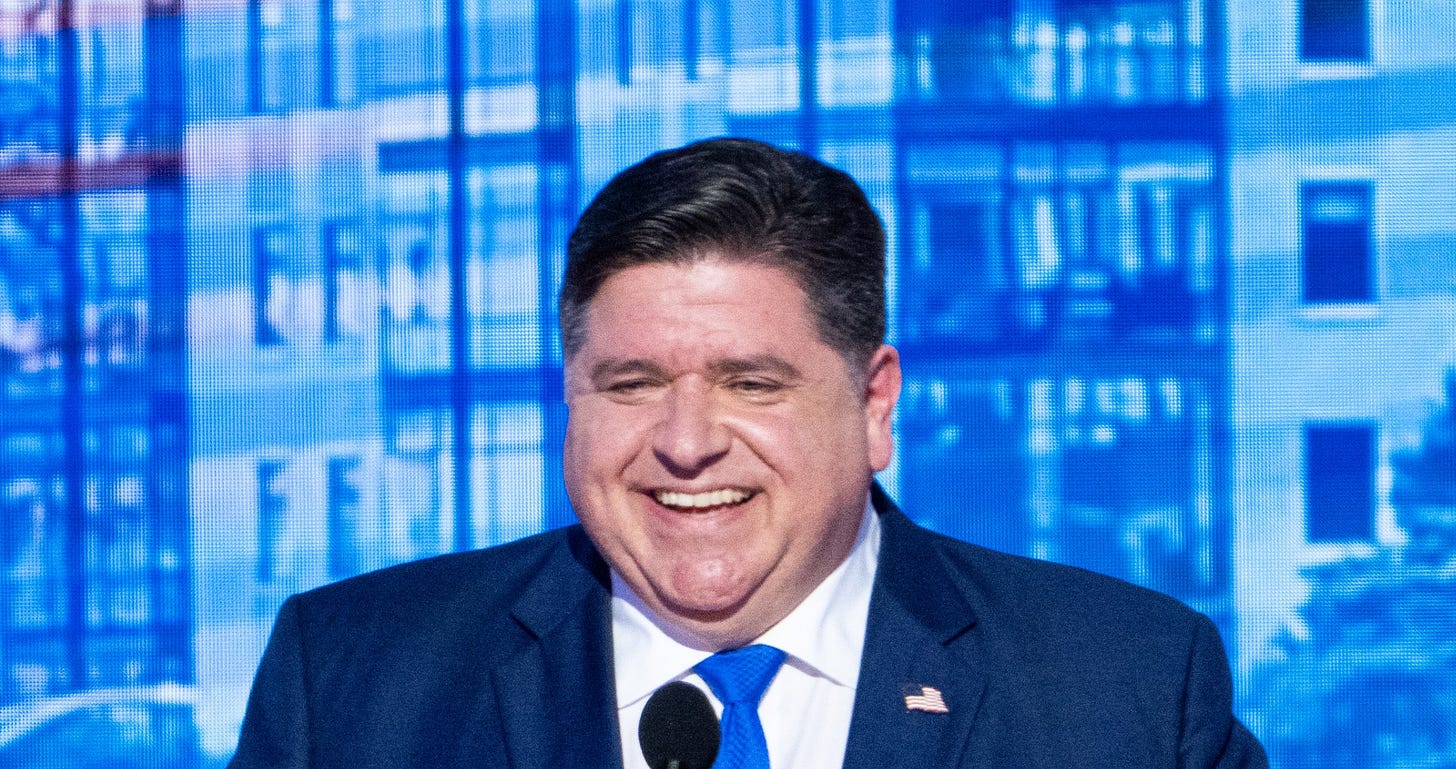




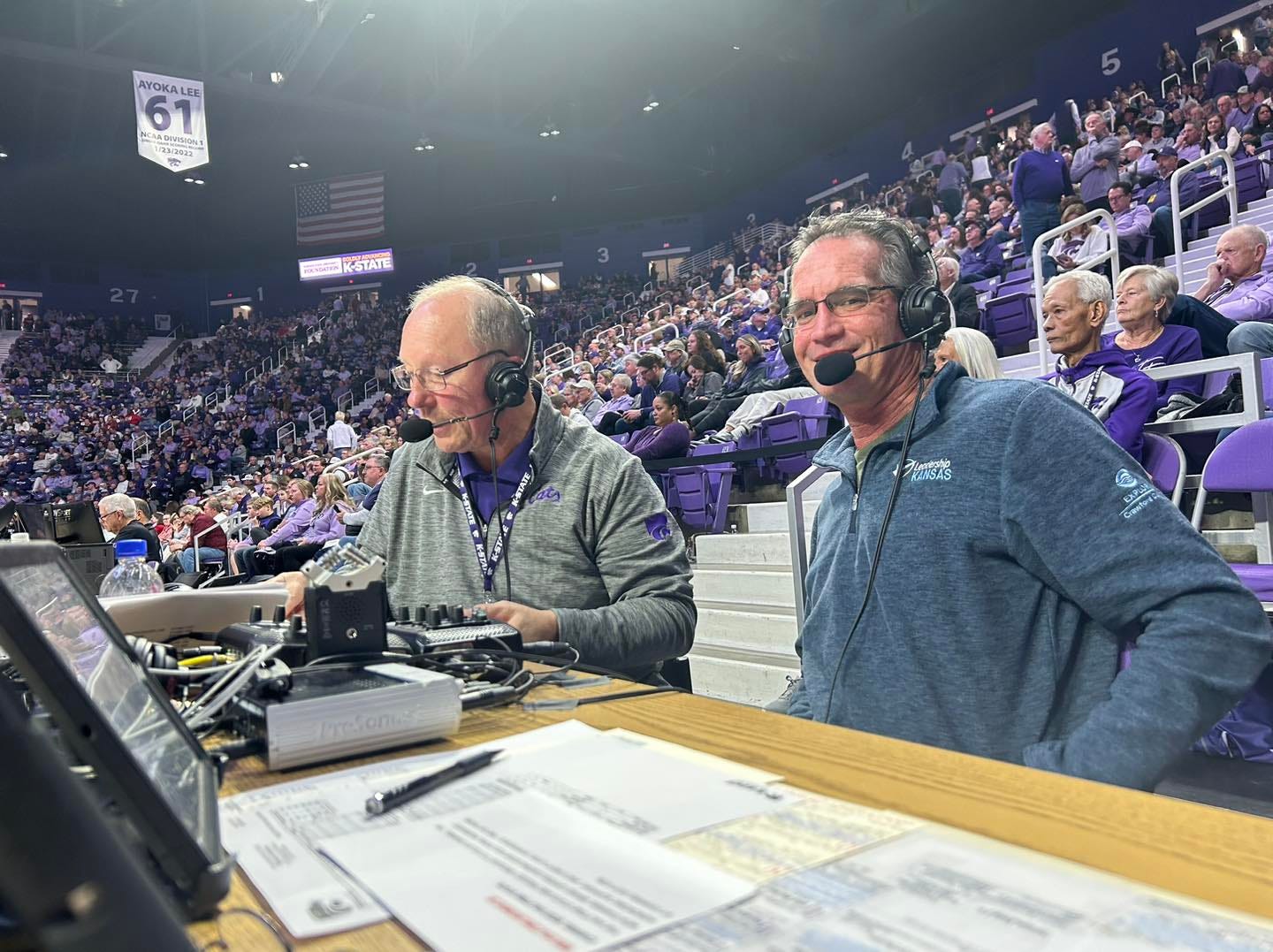



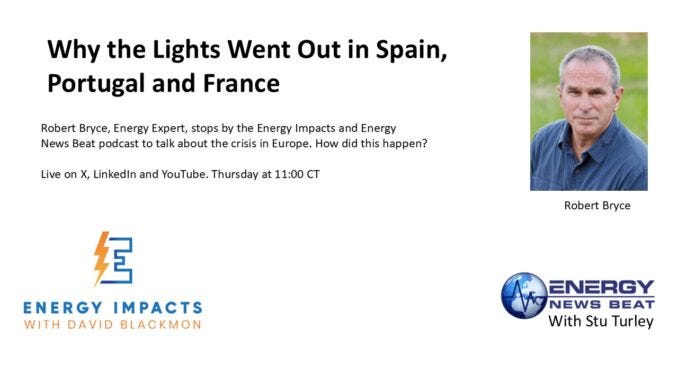






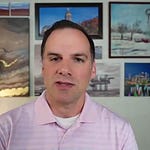






Share this post